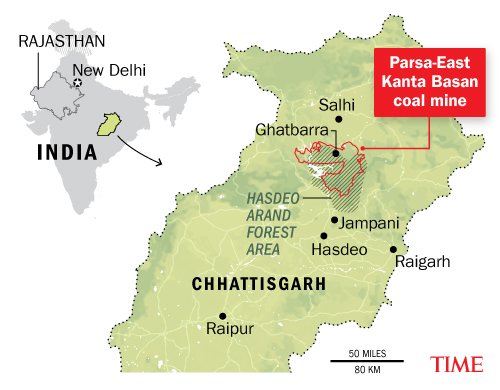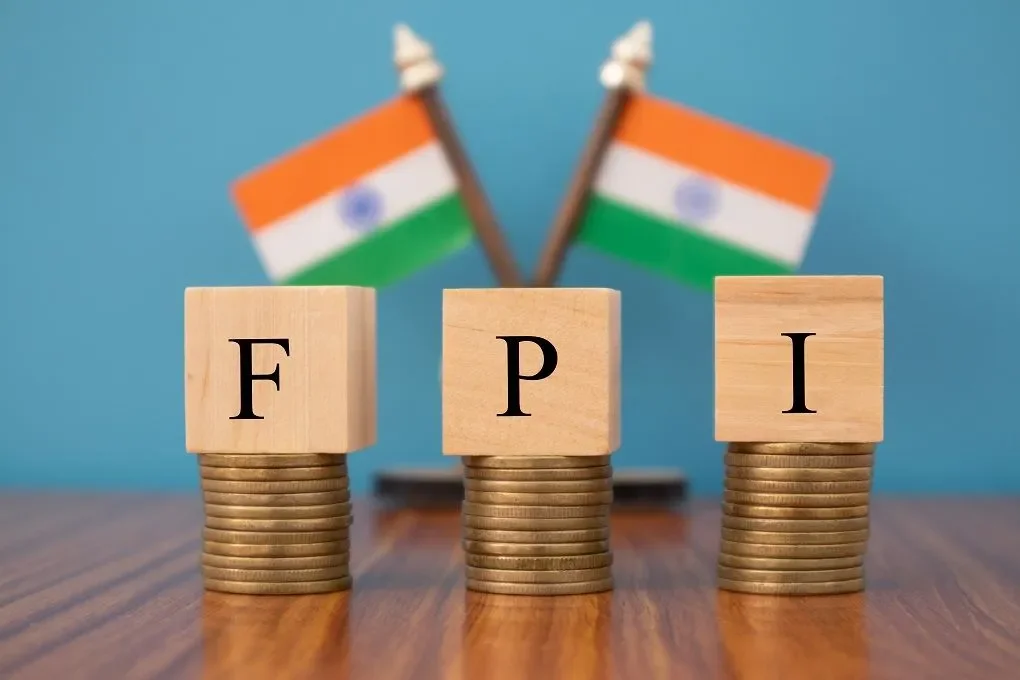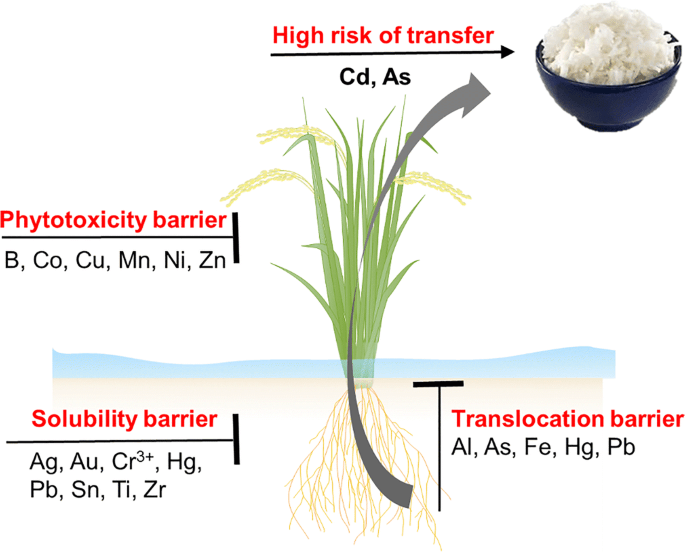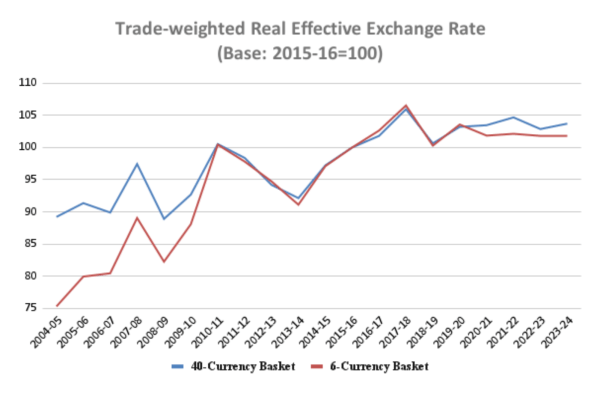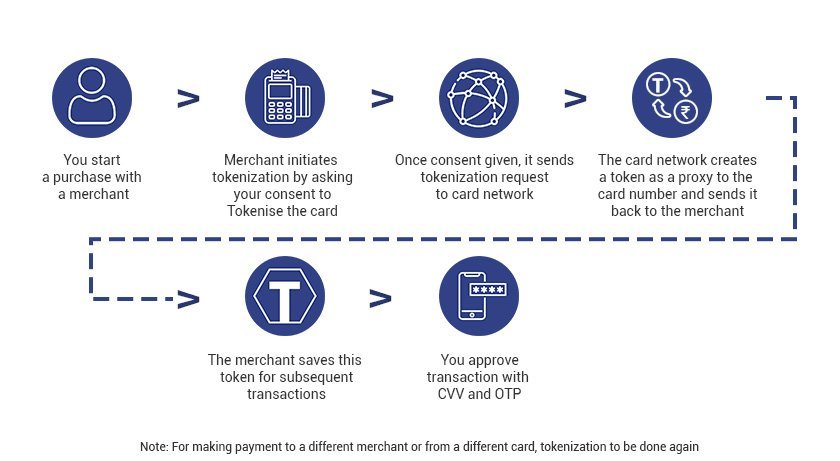
E-Waste Management in India
Subscribers of "Current Affairs" course can Download Daily Current Affairs in PDF/DOC
Subscribe to Never Miss an Important Update! Assured Discounts on New Products!
Must Join PMF IAS Telegram Channel & PMF IAS History Telegram Channel
- Context (TH): As per GoI data, over 5 lakh tonnes of e-waste has been collected and processed in the year 2021-22.
- E-waste refers to electronic products that are unwanted, not working, or nearing or at the end of their “useful life.”
Status of E-Waste in India
- As per Global E-waste Monitor 2020, India is the 3rd largest electronic waste producer in the world, generating about 2 million tons of e-waste annually, with its share increasing by 31%.
- Around 95% of e-waste is recycled informally by unorganized workers.
Importance of e-waste management
- Environmental conservation: Improper disposal of waste leads to the release of various harmful toxins like lead, mercury, cadmium, etc.
- Resource conservation: Recycling of e-waste reduces the need for new resource extraction as e-waste contains various valuable materials like gold, silver, etc.
- Economic opportunities: Provide filip to a circular economy, create employment opportunities and promote entrepreneurship.
- Sustainable development: Aligns with the principles of environmental, social and economic aspects by promoting environmental stewardship.
Challenges in e-waste Management
- Poor infrastructure: Shortage of authorised recycling facilities and collection centres leads to waste ending up in unregulated facilities exacerbating environmental degradation.
- Absence of a clear mechanism for collecting and transporting e-waste from consumers to recyclers.
- Inadequate regulatory design and enforcement compounded by a lack of coordination and cooperation among various stakeholders and authorities involved in e-waste management.
- Fragmented supply chain: 95% of waste is recycled by the informal sector which often operates in unsafe and unregulated working conditions.
- Lack of reliable information on e-waste generation rates, its types making it difficult to plan and implement effective policies and strategies.
- Lack of awareness: Many consumers and stakeholders are not aware of the environmental and health impacts of e-waste, or the benefits of proper disposal and recycling.
Way Forward
- Provide market information about e-waste prices to create a transparent and competitive market for e-waste collection and recycling.
- Incentivizing formal e-waste recycling by providing financial support, tax benefits, subsidies, or recognition to formal e-waste recyclers.
- Recognize informal sector as the stakeholder in future e-waste regime and integrating them into the formal system through certification, registration, or partnerships.
- Developing innovative technologies for processing new forms of e-waste.
- Enhancing coordination and cooperation among various stakeholders and authorities involved in e-waste management.





![PMF IAS Environment for UPSC 2022-23 [paperback] PMF IAS [Nov 30, 2021]…](https://pmfias.b-cdn.net/wp-content/uploads/2024/04/pmfiasenvironmentforupsc2022-23paperbackpmfiasnov302021.jpg)

